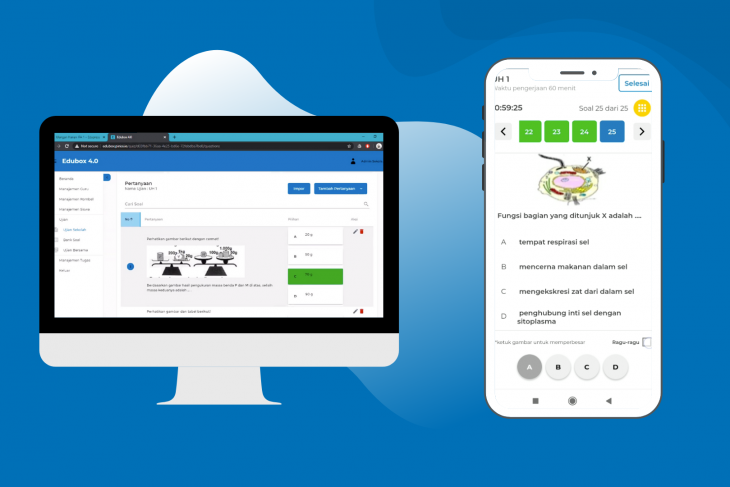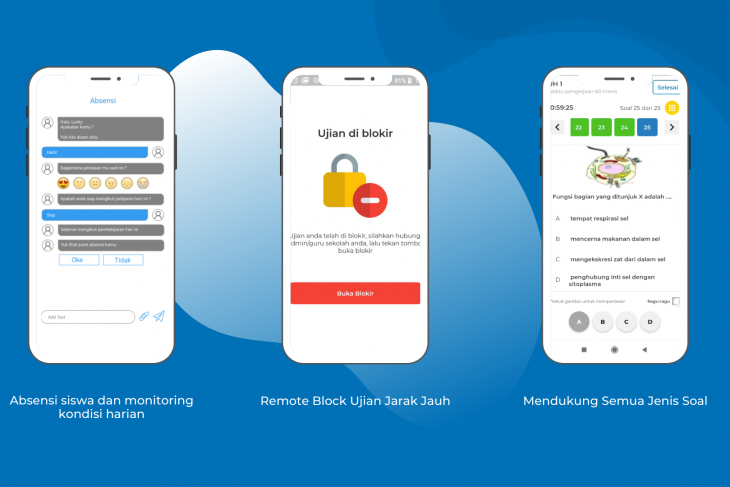Your face away from a nationwide group financed from the Web sites world shakes their direct when he hears one managers from the OKCupid, Lotame and other organizations wouldn’t provide us with interview precisely how they tune mans computers on the internet.
“I believe people have not figured out how exactly to talk to anyone about research or confidentiality,” states Jules Polonetsky, professional director of the future regarding Confidentiality Forum. “And now we consider which is a big part regarding as to the reasons a provides such as for example a detrimental hip hop. Really don’t think its great.’ “
But Polonetsky says really businesses that tune users keeps an innocent explanation: He could be providing other businesses market their products right to your, otherwise personalizing its solution order your commitment. Maybe you have questioned: Odd, We keep bringing advertising to possess athletic shoes; how can they are aware I jog?
“The other day I downloaded a prayer book application,” says Polonetsky. “The first thing they performed once i unwrapped it, they expected myself to possess location, and you may I’m for example, exactly what?”
He says he failed to figure out why a prayer-book app carry out actually ever want to know their GPS coordinates. But brand new app delivered your details about this new closest synagogues, including their arranged prayers.
However, the guy recognizes that businesses can identify their hosts. Any time you look at the Internet sites, enterprises normally place invisible markers on your computer named cookies.
In principle, not one person else’s computer comes with the exact same cookie. On the other hand, your on line carrier labels your computer or laptop having a unique marker known because an ip address. Very, since you browse the web, companies can also be know your pc because it moves out-of site in order to webpages – once you understand, for example, the exact same desktop or mobile device you to definitely installed Jewish prayers last week as well as tested the cars a month ago, investigated asthma and you may heart disease some time ago, and scouted to possess lodging inside the The state yesterday.
To reassure users who imagine this type of recording was “weird,” since Polonetsky throws they, some Websites providers enable you to just click a feature today labeled “Do not Track,” or comparable words. But experts like Jonathan Mayer, out of Stanford University’s Cardio getting Internet sites and you may Community, state brand new function always will not avoid enterprises away from tracking your – it’s simply an effective supplication. A lot of companies ignore it.
Very people “check out some good size” to help keep your label, email address and you will any information that is personal of getting connected with the queries, Polonetsky says.
many desktop experts say their training oppose you to definitely
“One of the largest mythology in the Web privacy is, ‘Don’t care and attention, it’s all turkisk fru private,’ ” claims Mayer. “Discover, in fact, many ways that that which you create on the net is not private.”
Mayer along with his Stanford associates studied almost 2 hundred businesses towards Internet sites, from your home Depot to Fb. The outcome indicated that more 60 percent of those other sites leaked personal data, such as usernames or emails, some other businesses that track your.
Polonetsky states that every of firms that song users never understand its personal identities
Researchers utilize the term “leak” to point your tracking people might have gotten the personal guidance inadvertently. Mayer claims inadvertent or not, you to definitely advice tends to make it simple to own the police or individual enterprises to determine a computer owner’s genuine label.
“I at least capture most of these enterprises at the face value,” says Mayer, “when they say, ‘We don’t want to see exactly who this new users are; we just need to suggest to them a very related ad.’ ” However,, Mayer states, “there can be a world of difference so far as privacy happens ranging from, ‘We know who you really are – we just at the moment don’t operate thereon information,’ and, ‘We haven’t any technique for knowing who you really are.’ “



